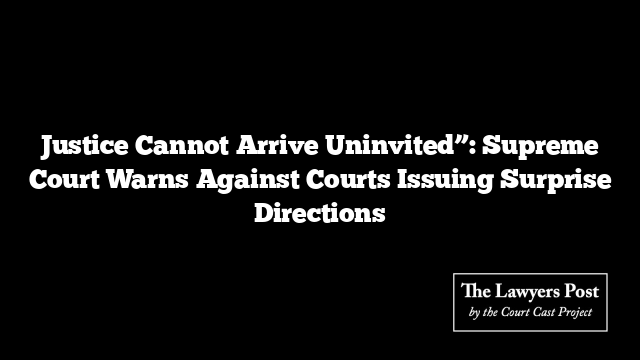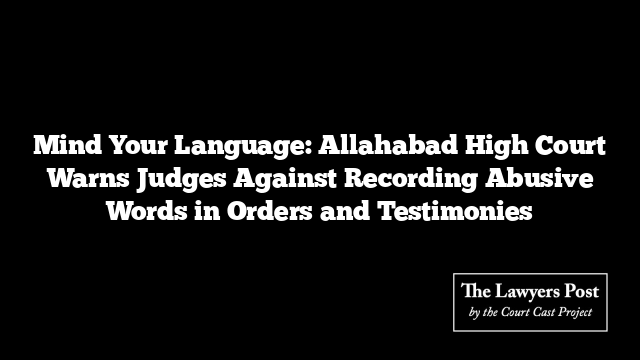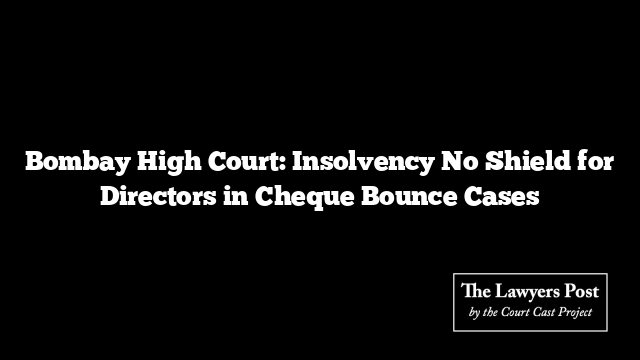The Supreme Court has sent out a sharp reminder to all courts — justice must stay within the boundaries of what is asked, not wander into territories never pleaded.
A Bench of Justices Dipankar Datta and KV Viswanathan made this clear while setting aside two unexpected directions issued by the Kerala High Court in a dispute between the Cochin Devaswom Board and the Chinmaya Mission Educational and Cultural Trust.
The apex court warned that issuing “surprise” orders — those that go beyond the issues raised or the reliefs sought — can create a chilling effect on people seeking justice. It noted that litigants, instead of finding redress, could end up worse off for merely approaching the court.
“Litigants go to court to vindicate their rights when they perceive infringement. If the court, without notice, travels beyond the petition and makes strong observations or directions, it may leave others wondering if seeking justice will make them more vulnerable,” the judges said.
The case itself arose from a decades-old land allotment in Thrissur. In 1974, 13.5 cents of land had been granted to the Trust to build a hall for religious and cultural events. The rent — a modest ₹101 per year, later revised to ₹227 — remained untouched for nearly forty years.
Then, in 2014, the Cochin Devaswom Board abruptly hiked the licence fee to ₹1.5 lakh annually and demanded over ₹20 lakh in arrears. The Trust took the matter to the Kerala High Court, which upheld the increase — but then went further, ordering a vigilance probe into the land allotment and asking the Board to refix the licence fee once more.
The Trust turned to the Supreme Court, arguing that these additional directions had blindsided it.
The apex court agreed. It held that while the High Court was within its rights to affirm the fee hike, its further directions went “far beyond” the writ petition and violated the principles of natural justice.
“The appellants could not have been rendered worse off in their own petition. The directions were issued without notice — an approach the law cannot condone,” the Court observed.
Striking out the contentious portions of the High Court’s order, the Supreme Court clarified that the Devaswom Board may still pursue any lawful right to revise fees — but independently, and within legal limits.
The judgment stands as a firm caution — that judicial overreach, even when well-intentioned, risks undermining trust in the system it seeks to uphold.





